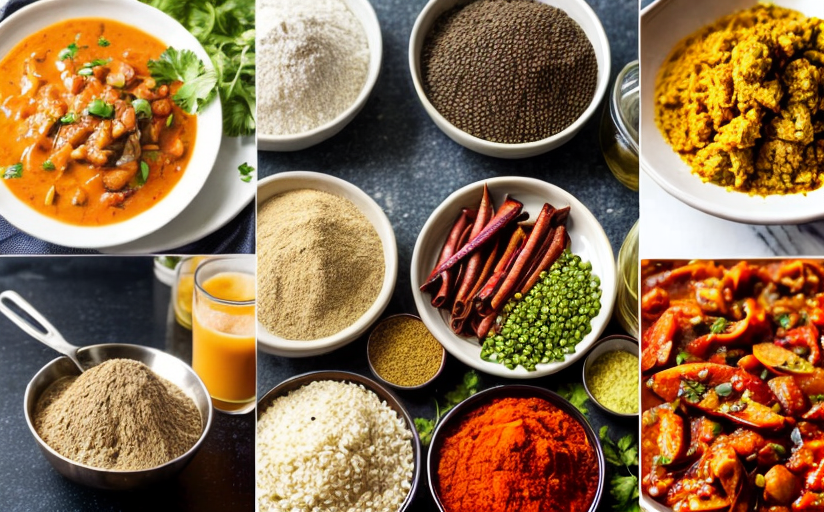The Evolution and Impact of Fusion Cuisine on Global Food Culture
Fusion cuisine, an innovative approach that combines the culinary traditions of two or more nations, has had a profound influence on global food culture. Its origins, intriguing milestones, and renowned proponents are as unique as the dishes it produces. Fusion cuisine symbolizes a blending of cultures, cuisines, ingredients, and techniques, resulting in an ever-evolving and continually exciting world of food.
Fusion Cuisine: A Historical Perspective
Tracing the origins of fusion cuisine leads us to the 1970s, when pioneering chefs began experimenting with combinations of Eastern and Western foods. The term 'fusion food' first appeared in the 1980s, a decade marked by culinary exploration and the breaking down of culinary boundaries.
Pivotal Moments and Stalwart Proponents
One notable figure in the fusion cuisine movement is Wolfgang Puck, an Austrian-born American chef and restaurateur. He pioneered fusion cuisine in California in the 1980s, incorporating a variety of Asian ingredients into traditional French and Italian recipes. His signature dish, Pizza with Smoked Salmon and Caviar, is considered one of the earliest examples of fusion cuisine.
Another critical figure is Roy Yamaguchi, recognized as one of the founders of Hawaiian fusion cuisine. His unique approach combines local Hawaiian, Japanese, and French techniques and ingredients.
Fusion Cuisine: A Global Panorama
The global expansiveness of fusion cuisine has enriched the world's palate, fostering an appreciation for diverse flavors and culinary traditions. This mingling of cuisines bridges cultures and continents, encouraging us to explore and enjoy a diversity of foods we might not otherwise encounter.
Fusion Cuisine: Its Socioeconomic and Environmental Impacts
Among the socio-economic impacts of fusion cuisine is its potential for economic growth in different countries, particularly those with rich culinary traditions and unique local ingredients. From a social perspective, fusion cuisine fosters multicultural appreciation, respect, and dialogue.
Nevertheless, fusion cuisine's environmental impact requires attention. Travelling ingredients across the globe contributes to the carbon footprint. Conversely, fusion cuisine could contribute to sustainable food practices, as chefs may choose locally sourced ingredients to replicate foreign flavors.
Fusion Cuisine’s Future Influence
The future of fusion cuisine is promising. It continues to gain popularity as younger generations show an increased preference for novel and multicultural food experiences. Chefs all over the world continue to innovate and redefine fine dining through fusion cuisine, rewriting gastronomic norms and crafting unforgettable flavors.
Conclusion
The influence of fusion cuisine on global food culture is undeniable. As a culinary art that melds traditions, techniques, and ingredients from multiple cuisines worldwide, it reflects and feeds our increasingly multicultural world. It brings the dynamism and diversity of the globe’s foods to the dining table, creating a shared language of flavors that unite us all.
















Comments
Leave a Comment